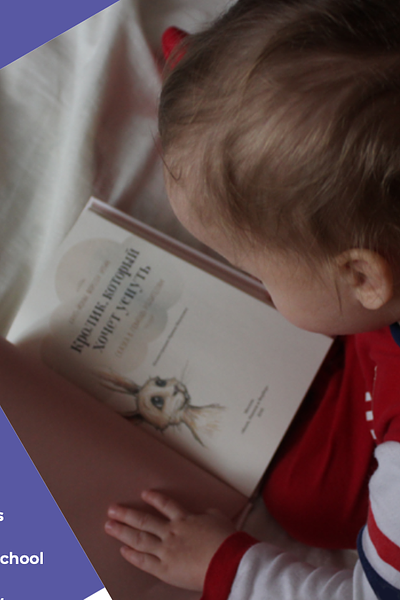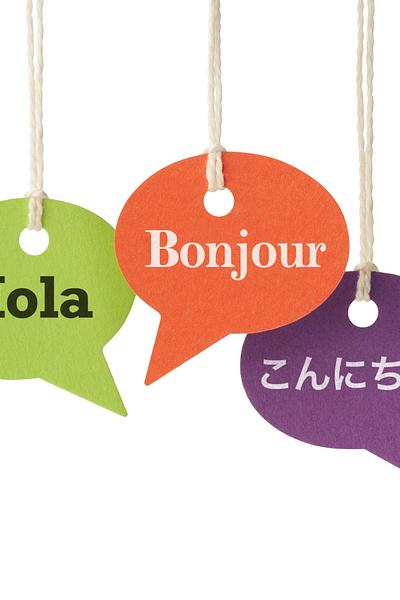
News
Find out the latest news from Bilingualism Matters around the world.
Multilingualism - the ability to speak, understand, and function in more than one language - is an increasingly common phenomenon in our modern, globalized world. However, there are still many myths surrounding multilingualism, which often lead to misunderstandings and misconceptions. In this article, we present three common myths about multilingualism that frighten and confuse some parents and educators.

An inspiring PhD thesis research that examined the diverse support given by teachers and parents to three young Brazilian children at preschool and at home.
New Luxembourg study paints the multilingual scenery encountered by young migrants, showing the very beginning of their multilingual lives and possible elements influencing their multilingualism.

Prof Antonella Sorace answers Maria Júlia, aged 14, from São Lourenço, Brazil on whether some languages can be harder to learn than others in this article for The Conversation.

En el marco de la Semana de la Ciencia y en colaboración con BM Madrid, la profesora Itziar Laka, catedrática en el departamento de Lingüística y Estudios Vascos y directora del grupo de investigación La Mente Bilingüe en la Universidad del País Vasco aborda en la charla 'Lenguaje y Lenguas' la cuestión de si las lenguas se procesan del mismo modo, utilizando mecanismos compartidos, o si los hablantes recurren a distintas estrategias de procesamiento dependiendo de las propiedades de la lengua que usan.
